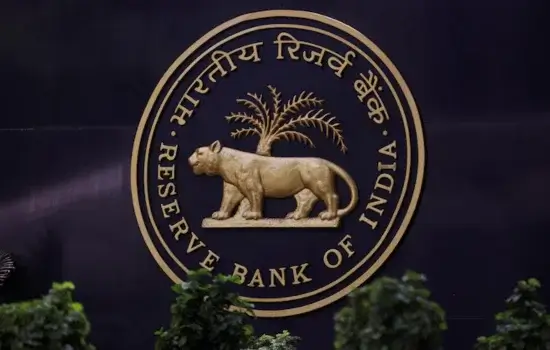In a significant regulatory development, the Reserve Bank of India (RBI) has lifted the restrictions imposed on two non-banking financial companies (NBFCs), Asirvad Micro Finance Limited and DMI Finance Private Limited. These restrictions, enforced in October 2024, had prohibited the NBFCs from sanctioning and disbursing new loans due to concerns over non-compliance with regulatory guidelines, particularly regarding excessive interest rates and non-adherence to fair practices.
Background of the Restrictions
On October 17, 2024, the RBI directed Asirvad Micro Finance, DMI Finance, along with Arohan Financial Services Limited and Navi Finserv Limited, to cease the sanction and disbursal of loans effective from the close of business on October 21, 2024. This action was based on material supervisory concerns observed in their pricing policies, specifically their Weighted Average Lending Rate (WALR) and the interest spread charged over their cost of funds, which were found to be excessive and not in adherence to the regulations as laid down in the Master Direction – Reserve Bank of India (Regulatory Framework for Microfinance Loans) Directions, 2022, and the Master Direction – Reserve Bank of India (Non-Banking Financial Company–Scale Based Regulation) Directions, 2023.
Remedial Measures and Compliance

Following the RBI’s directive, Asirvad Micro Finance and DMI Finance undertook comprehensive remedial measures to address the regulatory concerns. These measures included revising their pricing policies to ensure compliance with the prescribed guidelines, enhancing transparency in their lending practices, and strengthening their internal control mechanisms to prevent future discrepancies.
The companies submitted detailed compliance reports to the RBI, outlining the steps taken to rectify the identified issues. After a thorough evaluation of these reports and satisfaction with the remedial actions implemented, the RBI decided to lift the restrictions, allowing both NBFCs to resume their lending operations with immediate effect.
Implications for the NBFC Sector
The RBI’s decision to lift the bans on Asirvad Micro Finance and DMI Finance is a positive development for the NBFC sector, signaling the central bank’s willingness to support institutions that demonstrate a commitment to regulatory compliance and fair lending practices. This move is expected to restore confidence among stakeholders and encourage other NBFCs to adhere strictly to regulatory norms to avoid similar punitive actions.
However, the RBI’s initial imposition of restrictions also serves as a cautionary tale for the sector, emphasizing the importance of compliance with regulatory guidelines, particularly concerning fair pricing and ethical lending practices. NBFCs are now more likely to invest in robust compliance frameworks and internal controls to ensure adherence to the RBI’s directives and maintain the integrity of their operations.
Market Reaction and Future Outlook
The lifting of restrictions is anticipated to have a favorable impact on the business operations of Asirvad Micro Finance and DMI Finance. With the ability to resume loan disbursals, these companies can regain their market positions and continue to serve their customer base, contributing to financial inclusion and credit availability in the economy.
For instance, following the RBI’s announcement, shares of Manappuram Finance, the parent company of Asirvad Micro Finance, saw a positive movement in the stock market, reflecting investor optimism.
Looking ahead, it is crucial for NBFCs to maintain stringent compliance with regulatory standards to foster sustainable growth and avoid disruptions in their operations. The RBI’s actions underscore its commitment to ensuring the stability and integrity of the financial system, and NBFCs must align their business practices accordingly to contribute positively to the sector’s development.
Conclusion
The RBI’s lifting of bans on Asirvad Micro Finance and DMI Finance marks a significant development in the NBFC sector, highlighting the central bank’s balanced approach of enforcing compliance while supporting institutions that take corrective actions. This episode reinforces the imperative for all financial institutions to adhere to regulatory guidelines and maintain fair lending practices to ensure the sector’s health and sustainability.